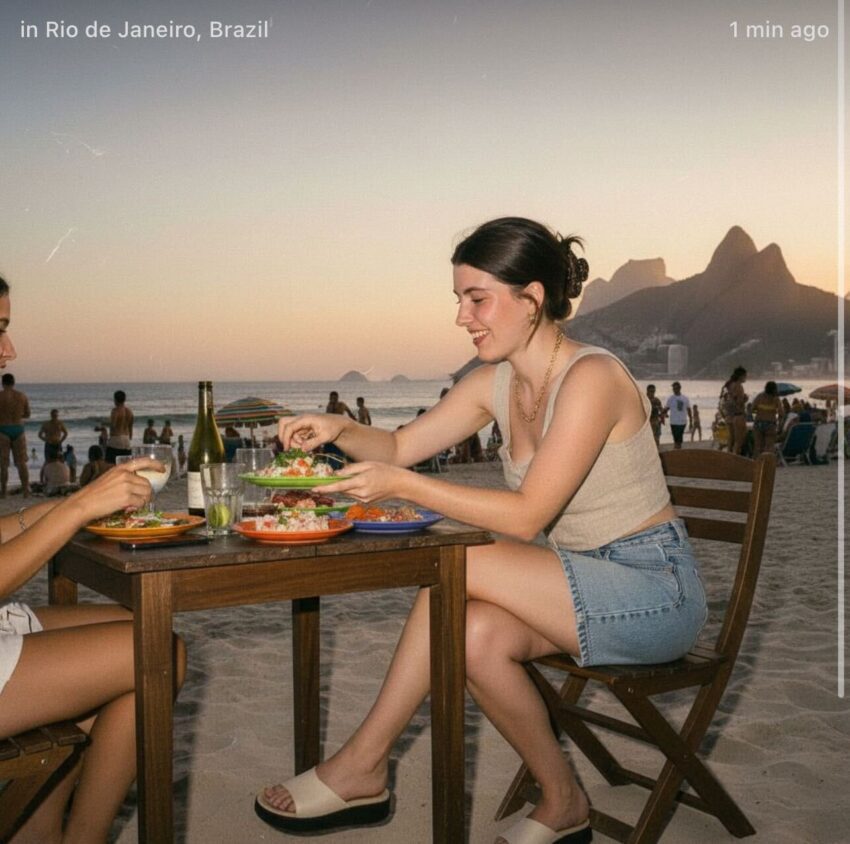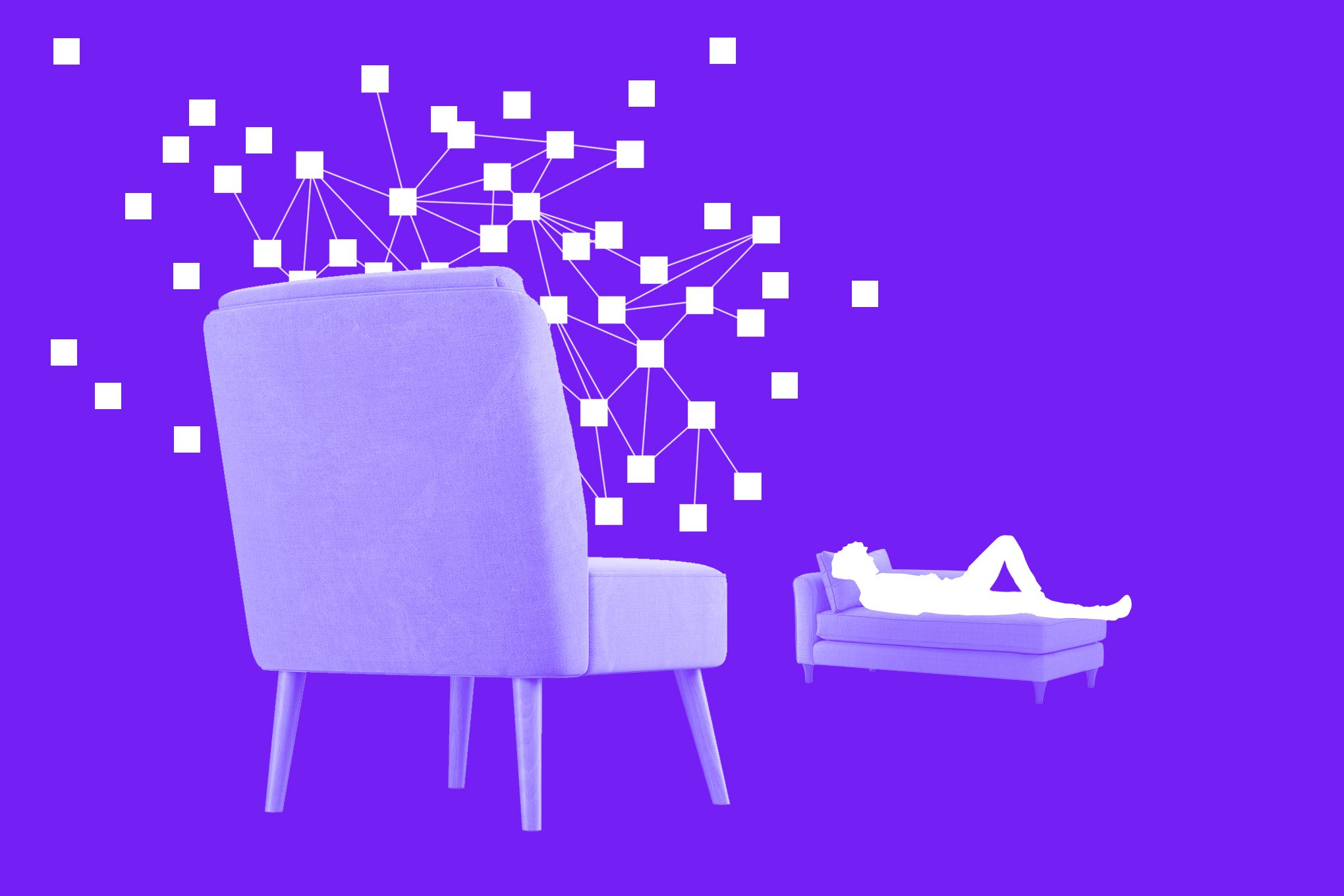
if you can t afford a vacation Recent developments in artificial intelligence have led to the emergence of apps that allow users to create AI-generated images of themselves enjoying luxurious vacations, catering to a growing desire for escapism among individuals who may not have the means to travel.
if you can t afford a vacation
The Rise of AI-Generated Escapism
Faking wealth has always been a lucrative business, encompassing everything from purchasing designer knock-offs to renting private jets for glamorous photoshoots. However, the advent of artificial intelligence has introduced a more personalized approach to this phenomenon. People are now using AI to create images of themselves indulging in leisure and luxury, not merely to gain social media clout, but as a form of personal escapism or an attempt to manifest a better life.
The Role of AI in Personal Escapism
Tim Wijaya, an app developer, recently shared insights from his consulting work with OpenAI, focusing on how Indonesians utilize ChatGPT. His findings revealed a significant trend: numerous Facebook groups, some boasting up to 30,000 members, are dedicated to sharing AI-generated photos of individuals enjoying luxury experiences. These images range from posing with high-end cars like Lamborghinis to shopping at upscale stores such as Gucci.
Wijaya noted, “Most are middle-low income users from Tier-2 and Tier-3 cities making under $400/month. It’s both sad and fascinating that using AI has become a form of escapism, letting people experience lives they’ll probably never live.” This observation sheds light on the emotional and psychological implications of using AI for self-representation, particularly among those who may feel trapped in their current circumstances.
Emergence of AI Manifestation Apps
The trend of using AI for personal escapism has given rise to a variety of apps designed to help users visualize their dreams and aspirations. One notable example is “Endless Summer,” a social media app created by Laurent Del Rey, a product designer at Meta’s Superintelligence lab. Del Rey describes the app as a tool for when burnout hits, allowing users to manifest the “soft life” they deserve through fake vacation photos.
Features of Popular AI Apps
A plethora of other AI manifestation apps have emerged on platforms like the Apple App Store and Google Play Store. Some of these include:
- Manifest AI Coach: Dreams Made: This app claims to utilize AI to create “vision backgrounds” that assist users in visualizing and manifesting their goals.
- Manifestar AI: Similar in concept, this app focuses on helping users achieve their aspirations through AI-generated imagery.
- ManifestMe: This application allows users to generate personalized visuals that align with their manifestation goals and energy.
- Manifest AI: Bye Broke Brain: This app promises to “renew your brain in seconds,” offering quick mental refreshment.
- Manifest AI: Affirmations: This app generates daily affirmations using AI, aimed at boosting users’ self-esteem and motivation.
While the marketing for these apps is enticing, it is worth noting that many do not deliver on their promises. For instance, upon downloading “Manifest AI Coach: Dreams Made,” I found that it primarily offered text-based affirmations along with peculiar AI-generated images of goddesses, sunbursts, and DNA sequences, rather than the promised visualization tools.
A Closer Look at Endless Summer
In contrast, “Endless Summer” fulfills its promise effectively. The app invites users to upload three photos of themselves, which it then uses to generate “fictional vacation photos.” During my trial, the app produced images of me in various locations: one in Tokyo, another in a New York bodega complete with AI-generated writing on the boxes, and a third of me dining outdoors in Rio de Janeiro. While the likeness was not perfect, the images presented an appealing version of myself in exotic settings.
The Emotional Impact of AI-Generated Images
However, the emotional impact of viewing these virtual representations is subjective. In my case, I did not feel a significant boost in mood from seeing my AI-generated self enjoying a luxurious lifestyle. This could be attributed to the distinct AI-generated aesthetic that served as a reminder of their artificiality. Additionally, I do not feel deprived of experiences in my own life; living in New York City allows me access to many of the experiences I might otherwise seek through AI.
After generating three images, I reached the limit of my free trial. The app prompted me to “Keep going” and “Let the summer continue” by offering paid options: $3.99 for 30 images, $17.99 for 150 images, or $34.99 for 300 images. At those rates, I could easily afford a real outdoor dinner—though perhaps not in New York City—or even a budget flight to a new destination.
Implications of AI-Generated Escapism
The rise of AI-generated escapism raises several important questions about the implications of such technology. On one hand, these apps provide a novel way for individuals to engage in self-expression and creativity. They allow users to visualize their dreams and aspirations, potentially serving as a motivational tool. However, the reliance on AI for personal fulfillment also highlights deeper societal issues.
Societal Context and Economic Factors
As noted by Wijaya, many users of these apps come from lower-income backgrounds, seeking an escape from their daily realities. This trend reflects broader economic disparities and the desire for a more glamorous lifestyle that may be unattainable for many. The ability to create and share AI-generated images of luxury experiences can serve as a coping mechanism, allowing individuals to momentarily transcend their circumstances.
Moreover, the proliferation of such apps raises ethical considerations regarding authenticity and self-representation. Users may find themselves caught in a cycle of comparison, as they curate idealized versions of their lives that may not reflect reality. This could lead to feelings of inadequacy or dissatisfaction with one’s actual circumstances, particularly in an age dominated by social media.
Future of AI in Personal Representation
Looking ahead, the future of AI in personal representation is likely to evolve further. As technology continues to advance, we may see even more sophisticated applications that blur the lines between reality and fantasy. This could lead to new forms of self-expression and creativity, but it also necessitates a critical examination of the psychological and social implications.
Potential for Positive Outcomes
On a positive note, AI-generated imagery can foster creativity and encourage individuals to dream bigger. For some, these apps may serve as a catalyst for pursuing real-life goals, inspiring them to take actionable steps toward achieving their aspirations. The ability to visualize success can be a powerful motivator, potentially leading to improved mental well-being.
Challenges Ahead
Conversely, the challenges associated with AI-generated escapism cannot be overlooked. As users navigate the fine line between fantasy and reality, it is crucial for developers and society at large to promote healthy engagement with such technologies. Encouraging users to balance their virtual experiences with real-life pursuits may help mitigate feelings of inadequacy or discontent.
Conclusion
The emergence of AI apps that allow users to create images of themselves in luxurious settings reflects a growing desire for escapism in an increasingly complex world. While these technologies offer exciting possibilities for self-expression and creativity, they also raise important questions about authenticity, societal pressures, and the emotional impact of curated digital identities. As we continue to explore the intersection of AI and personal representation, it is essential to remain mindful of both the opportunities and challenges that lie ahead.
Source: Original report
Was this helpful?
Last Modified: October 27, 2025 at 7:40 pm
0 views















